Focus Your Search
Click on the tabs below to guide your initial search. Use filters to expand or scale down the results for each category.

Click on the tabs below to guide your initial search. Use filters to expand or scale down the results for each category.
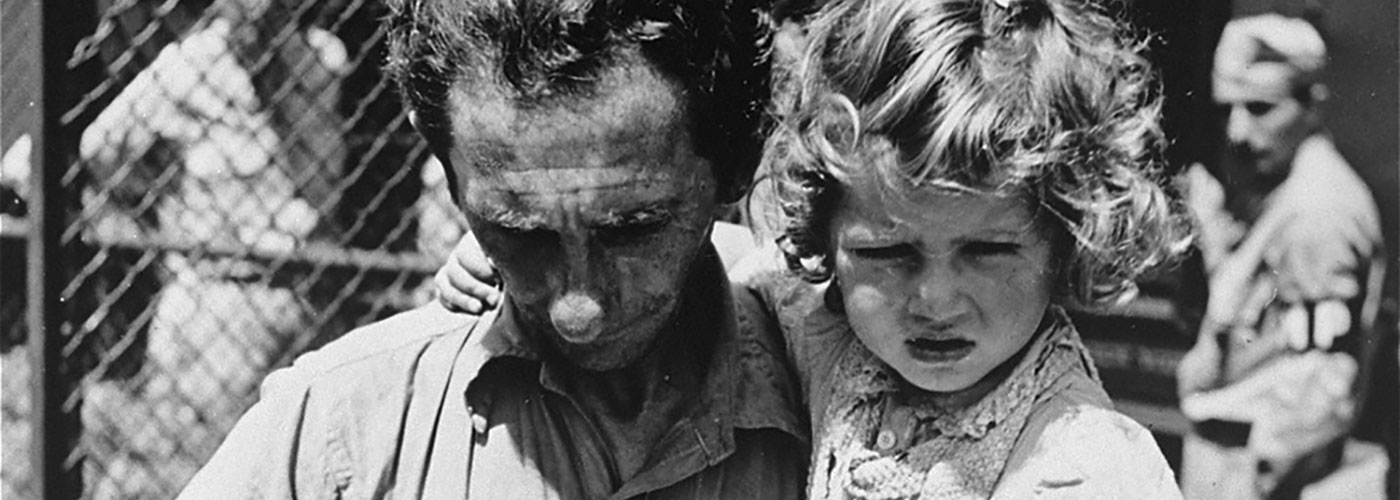
Refugees, Relief, and Resettlement: Forced Migration and World War II
Refugees, Relief, and Resettlement: Forced Migration and World War II chronicles the plight of refugees and displaced persons across Europe, North Africa, and Asia from 1935 to 1950 through correspondence, reports, studies, organizational and administrative files, and much more. It is the first multi-sourced digital collection to consider the global scope of the refugee crisis leading up to, through, and after World War II.
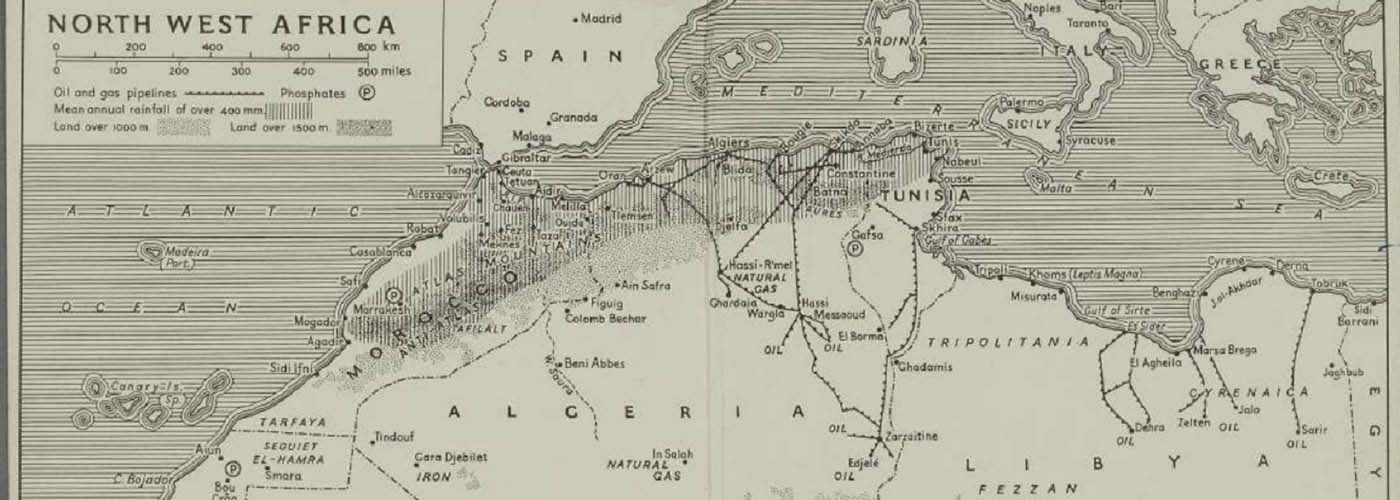
Chatham House Online Archive: Module 1: 1920–1979
Gale, part of Cengage Group, has partnered with Chatham House, a world leader in policy research on international affairs, to provide online access to Chatham House’s rich archive covering the twentieth and twenty-first centuries. Module 1 contains high-level analysis and research on global trends and key events and issues, from the aftermath of World War I into the Cold War.
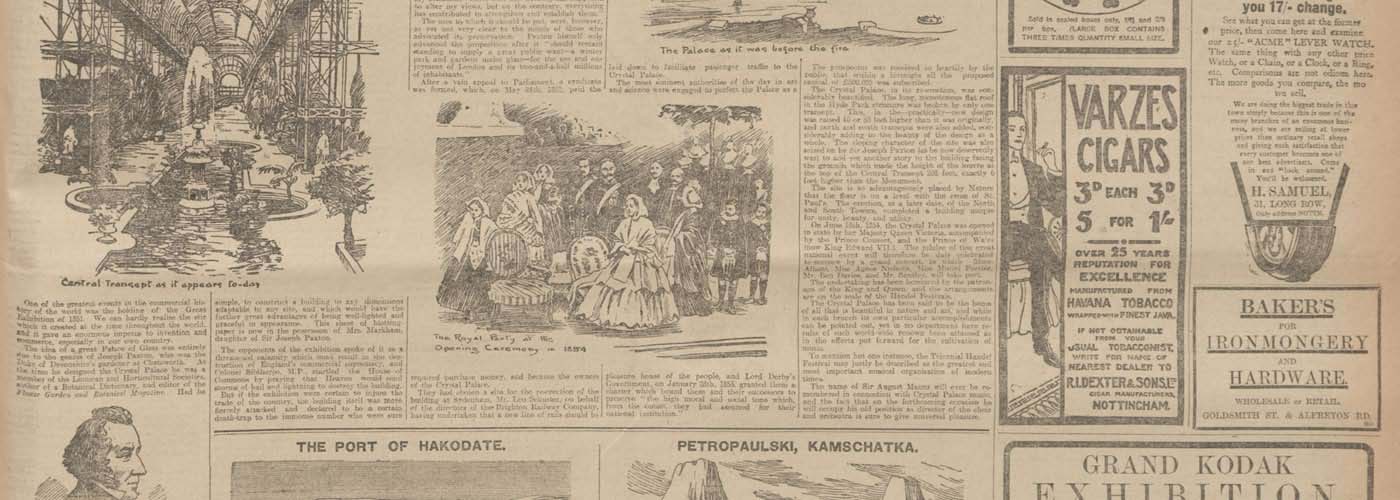
British Library Newspapers, Part IV: 1732-1950
Part of the most comprehensive range of regional and local newspapers published in Britain between the mid-eighteenth and mid-twentieth centuries ever made available in a digital collection, British Library Newspapers, Part IV: 1732-1950 provides 23 publications (nearly 1.4 million pages) from across the United Kingdom and Ireland to reflect the social, political, and cultural events of the times.
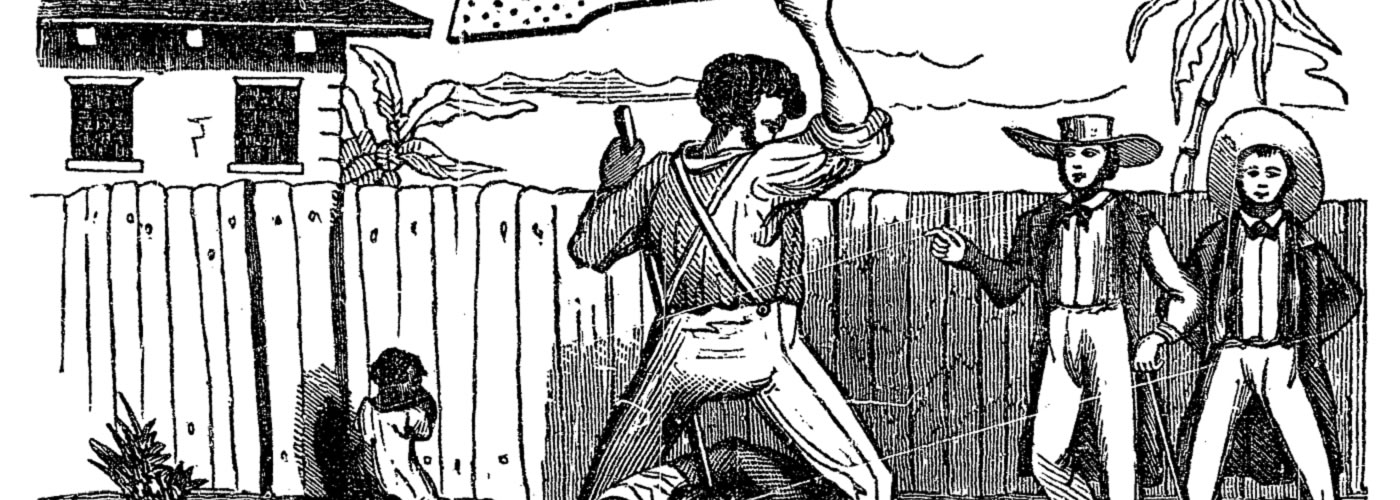
Sources in U.S. History Online: Slavery in America
As part of the Sources in U.S. History Online series, which provides access to the essential primary source documents that tell the story of a nation's birth, challenges, and milestones, this collection includes materials that specifically focus on the slave trade, plantation life, emancipation, and related topics.
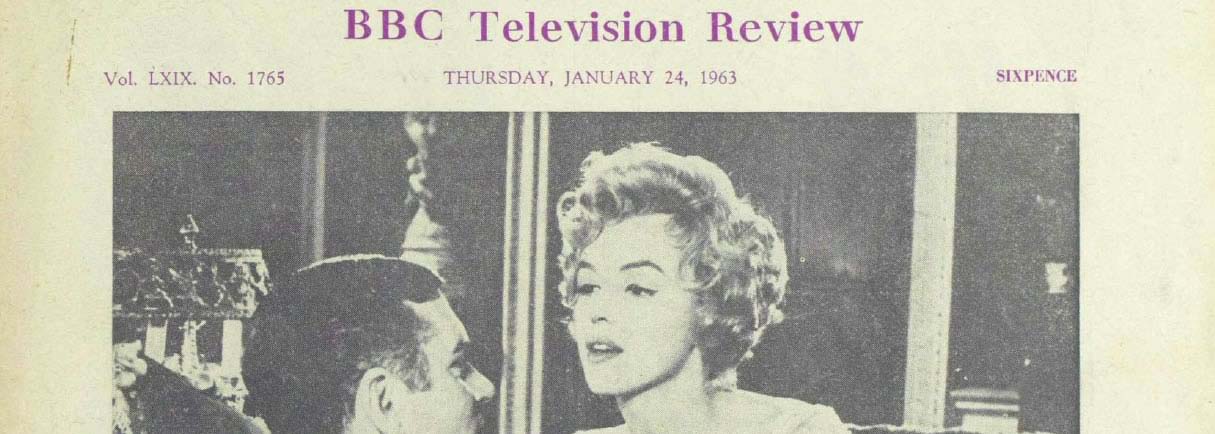
The Listener Historical Archive, 1929-1991
During the peak of the radio age, the BBC set a global standard in reporting and commentary. The network published transcripts of its broadcasts in an innovative weekly called the Listener. This magazine expanded upon the intellectual coverage of the week and offered original content that shed light on timely political and cultural issues. This collection provides rare access to the content of many early broadcasts and the BBC's perspective on the twentieth century.

Papers of Old Shanghai: Social Shanghai
Social Shanghai was a magazine founded and edited by Mina Shorrock in Shanghai. It began as a monthly publication for women and expanded over time to cover all aspects of social life in Shanghai and other Chinese treaty ports. It was the first foreign-language magazine published in China that reproduced substantially photographs in its pages.

Thailand: Records of the U.S. Department of State Relating to Internal Affairs, 1955-1963
This collection of U.S. State Department files relating to the internal and foreign affairs of Thailand contains a wide range of materials from U.S. diplomats. Included here are special reports on political and military affairs; studies and statistics on socioeconomic matters; interviews and minutes of meetings with foreign government officials; full texts of important letters, instructions, and cables sent and received by U.S. diplomatic personnel; reports and translations from foreign journals and newspapers; translations of high-level foreign government documents, including speeches, memoranda, official reports, and transcripts of political meetings and assemblies.

Papers of American Missionaries to Asia: Arthur M. Guttery and YMCA China, 1919-1981
The Arthur M. Guttery collection contains sermons, religious addresses, essays on China, correspondence, and memoirs of YMCA workers in China. Arthur M. Guttery (1885-1981) was both an organizer and missionary for the YMCA in China. He attended Washington and Jefferson College in Pennsylvania, graduating in 1907. He then went to work for the YMCA and became an important figure in their fund-raising drives. His energy and expertise made him an important figure within the YMCA. Guttery, accompanied by his wife Myrtle, left the U.S. for Hankow, China in September of 1913. Here he was both preacher and teacher in the language school. From 1913 to 1928 the Rev. Guttery served as general secretary for the YMCA, and helped to organize and establish the program when Wuhan was in the center of a rising tide of Communism. He then returned to the U.S where he continued to serve with the YMCA until 1948. Guttery died in 1981.

Foreign Relations Between the U.S. and Latin America and the Caribbean States, 1930-1944
This collection covers a wide range of viewpoints on political, social, and economic issues between the U.S. and Latin America. It sheds light on American foreign relations between the U.S. and Central and South American countries. The Caribbean, Cuba, Haiti, and the Dominican Republic are represented. This collection includes cables, memoranda, correspondence, reports and analyzes, and treaties.
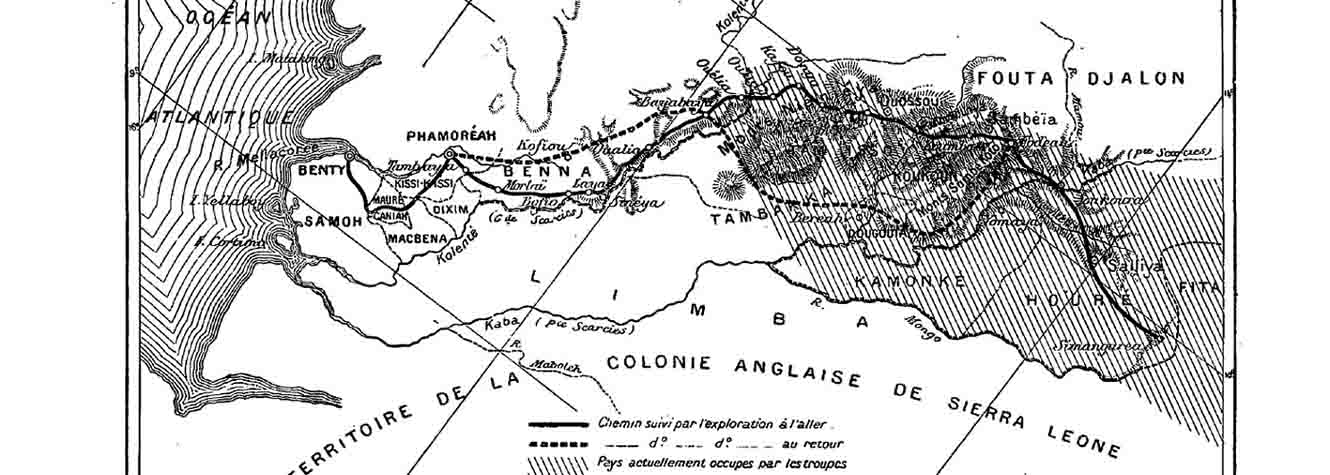
Slavery and Anti-Slavery: A Transnational Archive: Part I: Debates over Slavery and Abolition
Part I: Debates over Slavery and Abolition sheds light on the abolitionist movement, the conflicts within it, the anti- and pro-slavery arguments of the period, and the debates on the subject of colonization. It explores all facets of the controversial topic, with a focus on economic, gender, legal, religious, and government issues.

Official Papers of Fleet Admiral Ernest J. King
Admiral Ernest J. King was one of the most prominent Allied military leaders of World War II. In 1941, he was appointed commander in chief of the Atlantic Fleet and as such oversaw the fulfillment of lend-lease programs to Great Britain and the Soviet Union. After the Japanese raid on Pearl Harbor, he was selected to fill the new billet of commander in chief, U.S. Fleet (COMINCH), assuming operational control of all American naval forces. In early 1942, Admiral Harold R. Stark resigned as chief of naval operations (CNO), and President Roosevelt signed an executive order naming King to serve as both COMINCH and CNO. King was also a member of the newly formed Joint Chiefs of Staff and the Combined Chiefs of Staff, through which he played a pivotal role in the shaping of Allied grand strategy from the Arcadia Conference to Potsdam. Official Papers of Fleet Admiral Ernest J. King primarily contains records from the 1940s, of which the first series, correspondence and memorandums, makes up the bulk.

Great Patriotic War of the Soviet Union, 1941-1945
The complete official Soviet history of World War II, a monumental work of over 9,000 pages, this collection provides Western scholars with an opportunity to study what is considered one of the most significant historical documents produced in the Soviet Union. In addition to its importance in the war's historiography, this work is a valuable exposition of the development of a widely influential military doctrine.

Robert Winslow Gordon and American Folk Music
Robert Winslow Gordon (1888-1961), a native of Maine, attended Harvard College and taught in the department of English at the University of California at Berkeley. His monthly column in Adventure Magazine, "Old Songs that Men Sing," attracted attention from readers across the United States, and he received thousands of letters containing songs and queries. In 1928 Gordon became the first archivist of the Archive of American Folk Song (now the Archive of Folk Culture) in the Library of Congress. He was a pioneer in using mechanical means to document folk musicians, and his cylinders and discs in the Library of Congress form part of his legacy. The collection of Gordon manuscripts contained here, primarily from 1922 to 1932, offers researchers online access to the daily workings of an important twentieth-century American folklorist.

Occupation and Independence: The Austrian Second Republic, 1945-1963
The experience of the Anschluss and Nazi rule deepened the commitment of Austrians to parliamentary democracy and Austrian statehood. The electorate remained divided into three political camps—socialist/Marxist, Catholic, and nationalist/liberal—but cooperation replaced extreme political polarization. Through Allied occupation, slow economic growth, dependency on Marshall Plan, the Second Republic became a stable democracy. The major political parties strove towards ending Allied occupation and restoring a fully independent Austria. Upon the termination of Allied occupation, Austria was proclaimed a neutral country, and "everlasting" neutrality was incorporated into the Constitution on October 26, 1955.

U.S. Operations Mission in Iran, 1950-1961
This collection is a record of the U.S. Operations Mission's experiences in Iran. In it are outlined the programs that were initiated, the problems encountered, and the results of the 11-year effort. The program of technical cooperation in Iran was frequently cited as an example of the ideal Point Four program. The overthrow of the established government led naturally to questions concerning the "failure" of American technical assistance in that country. Three kinds of aid were provided: United States technicians advised or worked with the Iranian Government; supplies and equipment were provided for demonstration purposes; and Iranian personnel were sent to the United States or third countries for observation or training programs. The bulk of assistance was directed towards improving agricultural methods, but much also was achieved in such areas as preventive medicine, education, and administrative improvement.

This collection comprises correspondence, studies and reports, cables, maps, and other kinds of documents related to U.S. consular activities. U.S. Consulates were listening posts reporting on the activities of the French colonial government and the activities of the native peoples. Highlights include the beginning of an anti-colonial movement and problems along the Moroccan-Algerian border.

Cambodia: Records of the U.S. Department of State, 1960-1963
This collection provides a window into the political, social, and economic development of Cambodia, the rapidly maturing “modern” state in the heart of Southeast Asia. Traced here is the critical legacy of Prince Norodom Sihanouk (1922-2012), the nation’s controversial and paradoxical leader. Khmer nationalism, loyalty to the monarch, struggle against injustice and corruption, and protection of the Buddhist religion were at the forefront of developments in this period. The archive is an essential resource for the study of Southeast Asian history and the U.S. role in the war in Vietnam. The files are arranged according to the classification system of U.S. State Department Records, and they cover a wide range of internal political affairs.

Lebanon, Palestine, Syria, Trans-Jordan: Records of the U.S. Department of State, 1836-1944
The Presidential Correspondence with Foreign Leaders, 1974-1977, includes material prepared for and by the National Security Adviser and the National Security Council staff. The collection chronicles the practice of diplomacy and presidential decision-making at the highest level. There are more than one thousand memoranda of conversations addressing U.S. foreign policy and national security issues during the latter part of the Nixon administration, and through the entire Ford administration.

Turkey: Records of the U.S. Department of State, 1802-1949
Modern Turkey, from its late Ottoman roots in the early 19th-century to its emergence as a republic following the First World War, is traced here. Correspondences from U.S. Consults in Alexandretta, Ezerum, Harput, Siva, and Smyrna are included. This archive is sourced from the Central Files of the General Records of the Department of State. The records are under the jurisdiction of the Legislative and Diplomatic Branch of the Civil Archives, National Archives and Records Administration, Washington, D.C.

Japanese American Internment: Records of the Franklin D. Roosevelt Library
In an atmosphere of hysteria following U.S. entry into the Second World War, and with the support of officials at all levels of the federal government, President Franklin D. Roosevelt authorized the internment of tens of thousands of American citizens of Japanese ancestry and resident aliens from Japan. Roosevelt’s Executive Order 9066, dated February 19, 1942, gave the U.S. military broad powers to ban any citizen from a wide coastal area stretching from the state of Washington to California and extending inland into southern Arizona. The order also authorized transporting these citizens to assembly centers hastily set up and governed by the military in Arizona, California, Oregon, and Washington. The same executive order, as well as other war-time orders and restrictions, were also applied to smaller numbers of residents of the United States of Italian or German descent. Yet while these individuals (and others from those groups) suffered grievous violations of their civil liberties, the war-time measures applied to Japanese Americans were harsher and more sweeping. Entire communities were uprooted by an executive order that targeted U.S. citizens and resident aliens. This publication consists of the documents from The Papers of Franklin D. Roosevelt, Small Collections, “Japanese American Internment Collections,” in the custody of the Franklin D. Roosevelt Library, Hyde Park, N.Y.